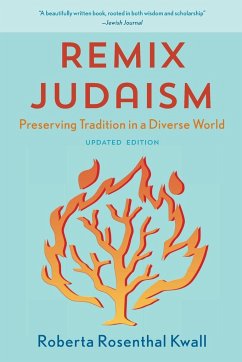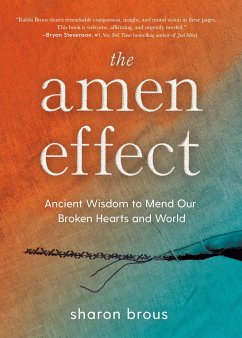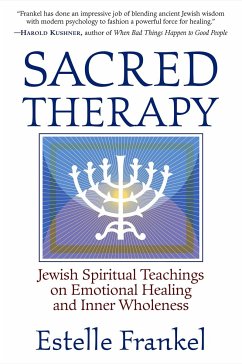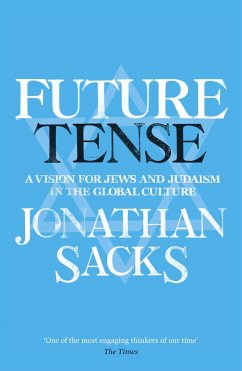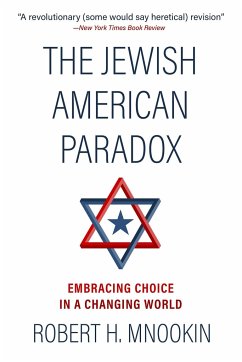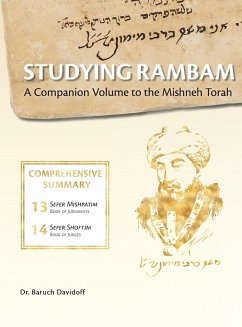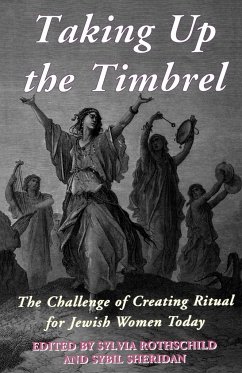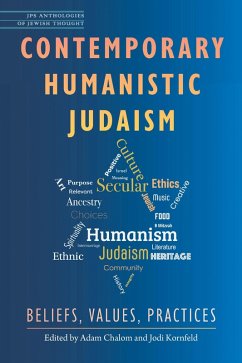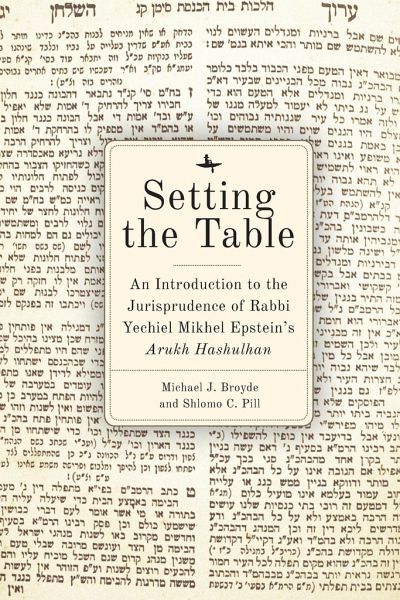
Setting the Table
An Introduction to the Jurisprudence of Rabbi Yechiel Mikhel Epstein's Arukh HaShulhan
Versandkostenfrei!
Versandfertig in 1-2 Wochen
40,99 €
inkl. MwSt.

PAYBACK Punkte
20 °P sammeln!
This book explores the legal methodology of Rabbi Yehiel Mikhel Epstein, author of the Arukh Hashulchan, a major modern restatement of Jewish law. Analyzing hundreds of rulings, it identifies ten core principles guiding his decisions and compares his approach to the Mishna Berura, offering insights into halakhic and general jurisprudence.





